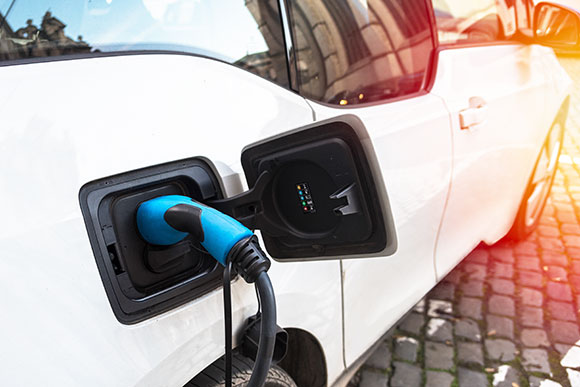
Massachusetts is urging property owners to switch from gas to electric to help meet the state’s climate goals. But according to a new report from the City of Somerville’s Office of Sustainability and Environment, there’s a critical missing piece that few are aware of: few existing programs to help cover the high cost of transformers not considered to be benefiting the grid by the utilities. Owners of multi-family buildings are often shocked to find the electric grid can’t handle their upgrades unless they themselves pay to install costly transformers. The result? Otherwise motivated owners often just stick with gas.
The report, Somerville Networked Geothermal and Electrification Feasibility Study, outlines how condominium owners, landlords, and affordable housing providers are facing steep costs – frequently upwards of $10,000 plus a $3,000-$5,000 interconnection fee – to upgrade infrastructure like transformers in multi-unit buildings with three or greater units. These expenses, combined with months-long wait times for service upgrades, are causing many property owners to delay or abandon plans to convert from gas to electric. Individual owners in buildings with three or more units looking to add air source heat pumps and electric car charging capability or the equivalent have found themselves facing this surprise expense.
“The State has set ambitious goals for reducing emissions, and that’s a good thing,” said Somerville Mayor Katjana Ballantyne. “But this report makes one thing clear: we can’t afford to treat equitable electrification as a problem to solve ten years from now. It’s already here. And it’s a problem that will impact cities across the country. So, we’re not just sounding the alarm, we’re offering solutions, from cost-sharing measures to installing geothermal energy networks that could reshape how communities access clean energy.”
There are important co-benefits to home electrification that have a direct impact on public health. Gas appliances, including stoves and heating systems, contribute significantly to indoor air pollution and are linked to increased rates of asthma, especially among children, and higher risk of COPD. In cities like Somerville, where more than two-thirds of residents are renters and many live in income-restricted housing, the inability to afford electrification upgrades compounds existing public health inequities. Somerville and the Commonwealth’s ambitious climate action goals also include targets for electrification that will require solutions to the transformer challenge. Addressing barriers to electrification in affordable housing can break the cycle of environmental injustices and minimize emissions over time.
The report includes clear, actionable recommendations to help bridge the electrification equity gap, including:
- Implementing a transformer cost-sharing program to ease the burden on individual property owners.
- Investigating zoning policies to incentivize developers to oversize transformer capacity and provide public access.
- Exploring geothermal energy networks at three priority locations, with a vision of creating a large, commercially viable loop.
“Somerville has identified a gap in the grid, as well as current opportunities to resolve it,” says Christine Blais, Director of Sustainability and Environment. “By releasing this report publicly, our goal is to shine a light on a little-known but growing problem.”
Somerville hopes the report serves to educate utility companies, state leaders, and municipal governments alike and as a call to action to center street-level solutions in their climate strategies and ensure the clean energy transition doesn’t deepen the very inequalities it seeks to address, or slow the progress that residents and businesses seek.
The full report is available online at: somervillema.gov/departments/programs/sustainaville














